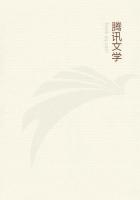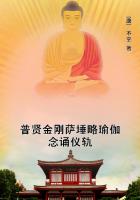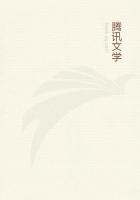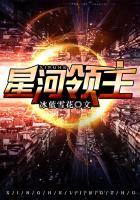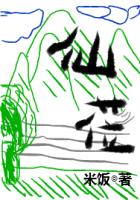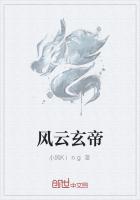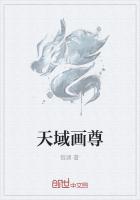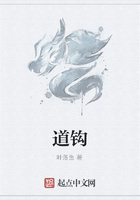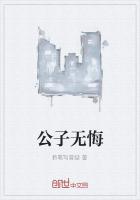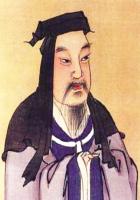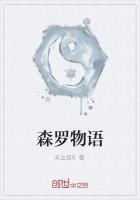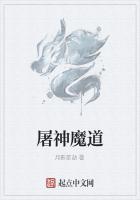Quite satisfied, Colomba was making her way back into the garden, when Orso threw open his window and shouted, "Who goes there?" At the same time she heard him cock his gun. Luckily for her the garden-door lay in the blackest shadow, and was partly screened by a large fig-tree.
She very soon gathered, from the light she saw glancing up and down in her brother's room, that he was trying to light his lamp. She lost no time about closing the garden-door, and slipping along the wall, so that the outline of her black garments was lost against the dark foliage of the fruit-trees, and succeeded in getting back into the kitchen a few moments before Orso entered it.
"What's the matter?" she inquired.
"I fancied I heard somebody opening the garden-door," said Orso.
"Impossible! The dog would have barked. But let us go and see!"
Orso went round the garden, and having made sure that the outer door was safely secured, he was going back to his room, rather ashamed of his false alarm.
"I am glad, brother," remarked Colomba, "that you are learning to be prudent, as a man in your position ought to be."
"You are training me well," said Orso. "Good-night!"
By dawn the next morning Orso was up and ready to start. His style of dress betrayed the desire for smartness felt by every man bound for the presence of the lady he would fain please, combined with the caution of a Corsican /in vendetta/. Over a blue coat, that sat closely to his figure, he wore a small tin case full of cartridges, slung across his shoulder by a green silk cord. His dagger lay in his side pocket, and in his hand he carried his handsome Manton, ready loaded. While he was hastily swallowing the cup of coffee Colomba had poured out for him, one of the herdsmen went out to put the bridle and saddle on the black horse. Orso and his sister followed close on his heels and entered the field. The man had caught the horse, but he had dropped both saddle and bridle, and seemed quite paralyzed with horror, while the horse, remembering the wound it had received during the night, and trembling for its other ear, was rearing, kicking, and neighing like twenty fiends.
"Now then! Make haste!" shouted Orso.
"Ho, Ors' Anton'! Ho, Ors' Anton'!" yelled the herdsman. "Holy Madonna!" and he poured out a string of imprecations, numberless, endless, and most of them quite untranslatable.
"What can be the matter?" inquired Colomba. They all drew near to the horse, and at the sight of the creature's bleeding head and split ear there was a general outcry of surprise and indignation. My readers must know that among the Corsicans to mutilate an enemy's horse is at once a vengeance, a challenge, and a mortal threat. "Nothing but a bullet-wound can expiate such a crime."
Though Orso, having lived so long on the mainland, was not so sensitive as other Corsicans to the enormity of the insult, still, if any supporter of the Barricini had appeared in his sight at that moment, he would probably have taken vengeance on him for the outrage he ascribed to his enemies.
"The cowardly wretches!" he cried. "To avenge themselves on a poor brute, when they dare not meet me face to face!"
"What are we waiting for?" exclaimed Colomba vehemently. "They come here and brave us! They mutilate our horses! and we are not to make any response? Are you men?"
"Vengeance!" shouted the herdsmen. "Let us lead the horse through the village, and attack their house!"
"There's a thatched barn that touches their Tower," said old Polo Griffo; "I'd set fire to it in a trice."
Another man wanted to fetch the ladders out of the church steeple. A third proposed they should break in the doors of the house with a heavy beam intended for some house in course of building, which had been left lying in the square. Amid all the angry voices Colomba was heard telling her satellites that before they went to work she would give each man of them a large glass of anisette.

